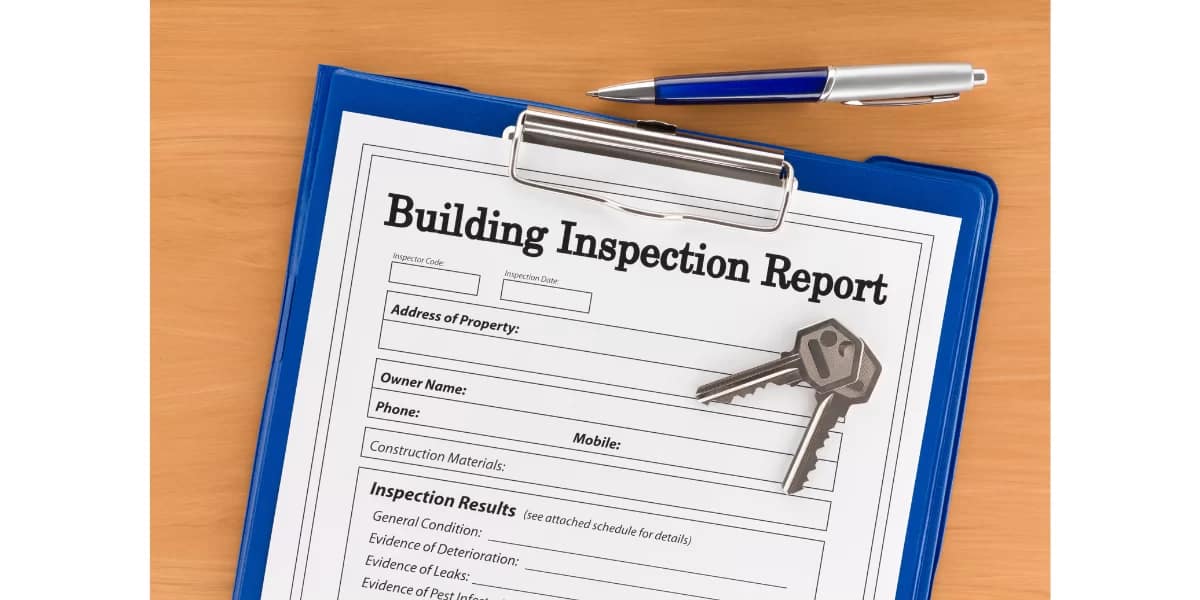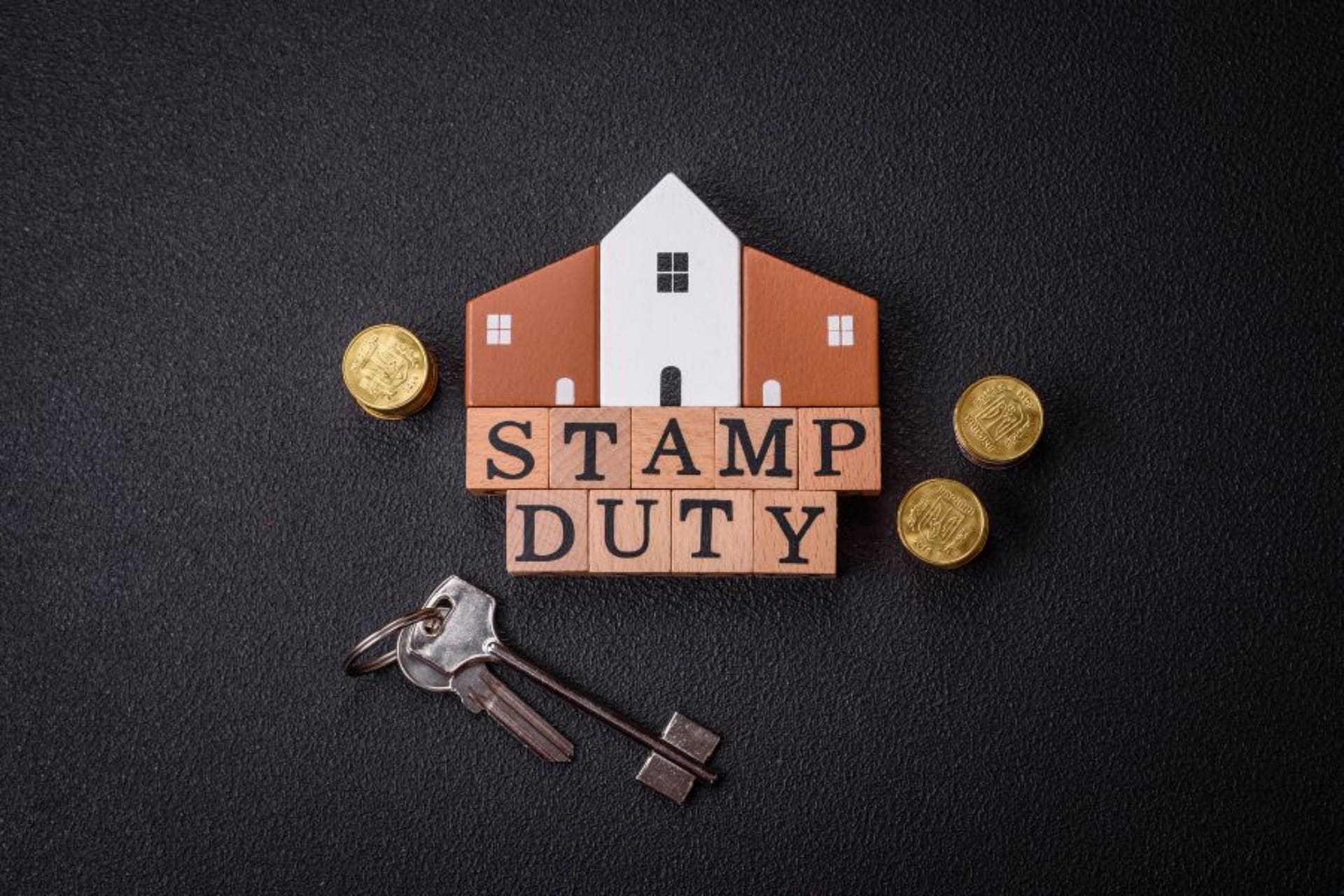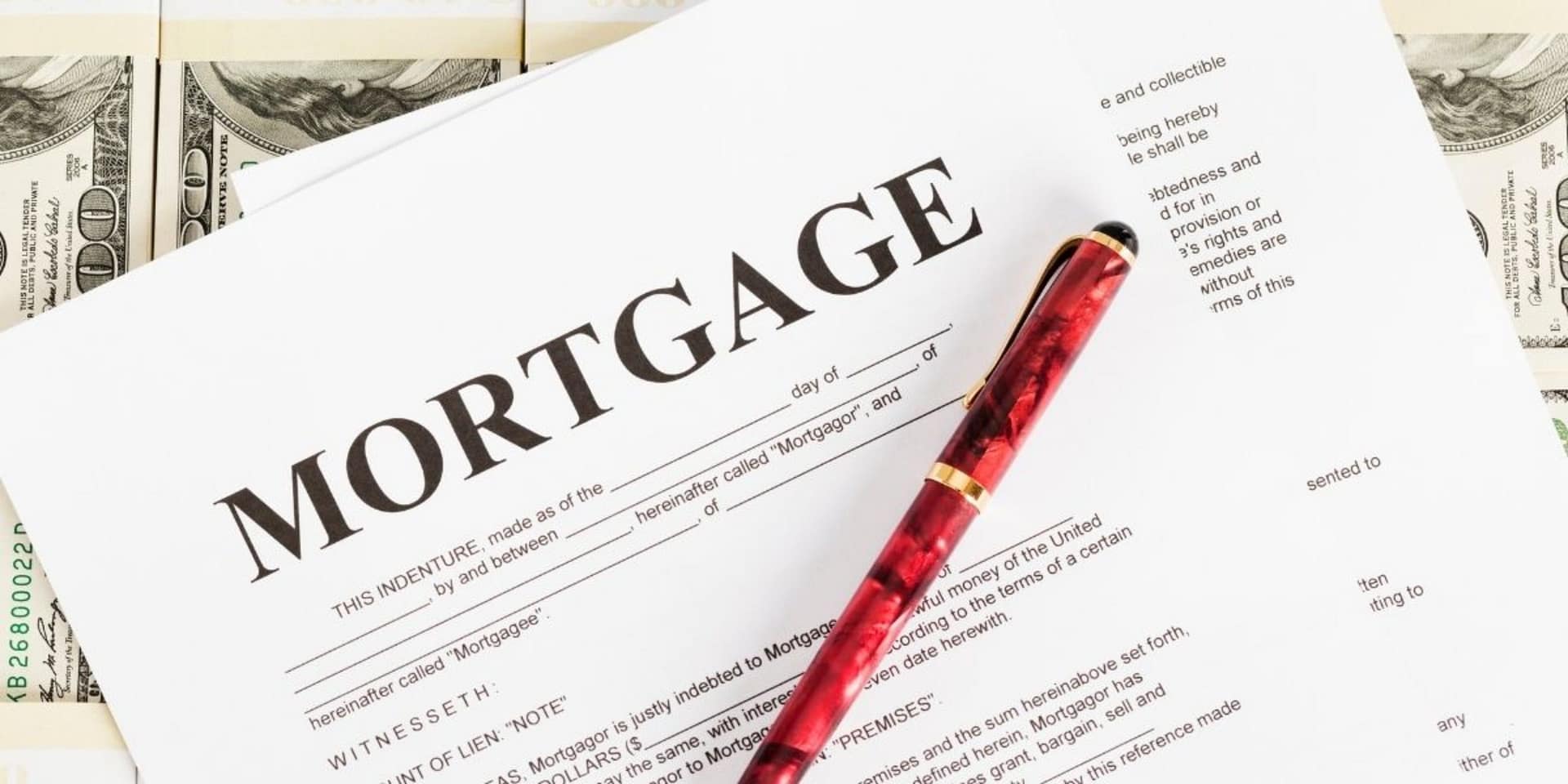Buying a home is one of the biggest steps you’ll ever take. It’s exciting, but it’s also a big decision—and a big investment. Before you sign on the dotted line, you’ll want to know everything you can about the property. That’s where property inspection reports come in.
These reports help you find out if the home you want to buy is safe, solid, and worth the price. As an experienced conveyancer here in Australia, I’ve seen many buyers run into problems because they didn’t get the right reports—or didn’t understand them.
Table of Contents
ToggleWhy Is a Property Inspection Report Essential?
Think of a property inspection report as a health check-up for a house. Just like you’d want a doctor to check your health before making a big decision, you need a professional to check the health of the home before you buy it.
Property inspection reports show you what’s going on behind the walls, under the floors, and above the ceilings. They tell you if the house has problems like termites, water damage, poor wiring, or structural cracks. These are things you might not notice when you first visit the property.
Without a proper report, you could end up buying a house that needs costly repairs. Worse still, you might not find out until after settlement—when it’s too late to back out or renegotiate the price.
A good report gives you confidence. It helps you make smart decisions, ask for repairs, or even walk away if the property isn’t safe. It also shows lenders that you’re buying a home that’s worth the investment. In short, it’s your safety net.
Which Types of Property Inspections Should Buyers Arrange Before Settlement?
There isn’t just one kind of inspection report. Depending on the property, its age, and location, you may need more than one type of inspection. Here are the most common reports that Australian buyers arrange before settlement:
1. Building Inspection Report
This is the most common report. A licensed builder or building inspector checks the home’s structure—walls, roof, floors, windows, and more. They’ll let you know if there are cracks, sagging areas, leaks, or any signs of damage.
2. Pest Inspection Report (or Termite Inspection)
Australia has a termite problem in many areas. A pest inspector will check for termites, borers, and signs of past infestations. These bugs can cause serious damage to timber structures—and it’s often hidden from plain sight.
3. Strata Report (for Units or Townhouses)
If you’re buying a property that’s part of a strata scheme (like an apartment or townhouse), this report shows the financial health of the body corporate. It also reveals if there are upcoming repairs, special levies, or disputes with other owners.
4. Electrical and Plumbing Inspection
Older homes may have outdated wiring or plumbing. These systems can be expensive to fix. An electrician or plumber can check if everything is working safely and up to code.
5. Asbestos Inspection
Homes built before the 1990s may have asbestos, which can be dangerous if disturbed. A specialist can test for asbestos in walls, ceilings, or floors and advise on removal costs.
6. Pool Safety Inspection
If the property has a swimming pool, this inspection checks if the pool fence and gates meet safety standards. In some states, a valid pool compliance certificate is required before settlement.
Also Read: Strata Report vs Building Inspection: What Australian Property Buyers Need to Know
When Should You Obtain a Property Inspection Report During the Buying Process?
Timing is everything when it comes to inspections. Ideally, you should organise your property inspection reports before you commit to buying.
In most cases, buyers in Australia make offers that are “subject to building and pest inspections.” This means you can cancel the contract if the reports find serious issues. But to use this clause, you need to act quickly.
Here’s how it usually works:
Step 1: You find a property you like and make an offer.
Step 2: Your offer is accepted, but the contract includes a building and pest clause.
Step 3: You have a few days (often 7–14) to get your reports done.
Step 4: If the reports show problems, you can negotiate the price, ask for repairs, or pull out of the deal.
If you’re buying at auction, there’s no cooling-off period and no contract conditions. That means you should get all inspections done before bidding. Once the hammer falls, you’re locked in.
What Should You Look for in a Building and Pest Inspection Report?
Reading a building and pest report can be overwhelming, especially if you’re not familiar with construction terms. But don’t worry—here’s what you should focus on:
1. Major Structural Defects
These are serious problems that affect the safety and stability of the house. Look out for issues like:
- Big cracks in walls or ceilings
- Sloping floors
- Roof damage
- Foundation movement
If a report mentions “major structural defects,” speak with your conveyancer or a builder to understand the risks and repair costs.
2. Safety Hazards
These include faulty wiring, unsafe balconies, broken stairs, or loose tiles. Even if they seem minor, safety hazards can pose a risk to your family—and may affect your insurance.
3. Signs of Water Damage
Leaks, damp patches, mould, and stains often mean there’s a water issue. Water can damage wood, walls, and cause mould that affects your health.
4. Termite or Pest Activity
Even a small termite issue can cause big headaches. The report should mention if there are live termites, past activity, or damage from old infestations. Some reports also recommend follow-up treatments or inspections.
5. Recommendations for Repairs or Further Checks
A good inspector won’t just list problems—they’ll also suggest what to do next. This may include getting a plumber, electrician, or structural engineer to assess a particular issue further.
If you’re unsure how to read a report, your conveyancer can explain what’s serious and what’s not. Some issues may be common in older homes and easy to fix—others may cost thousands.
What Every Smart Buyer Needs to Know
No matter how perfect a home looks on the outside, the inside story is just as important. Property inspection reports offer that inside story. They reveal hidden issues, protect your investment, and give you peace of mind.
Don’t let excitement rush you into a bad deal. Take the time to order the right inspections, read them carefully, and seek advice if needed. This small step can save you thousands—and a lot of stress down the track.
Need Expert Help Understanding Your Property Reports?
At CJC Law, our experienced team of Australian conveyancers is here to guide you. We’ll review your inspection documents, explain what matters, and help you make informed decisions before signing any contract. With personalised advice and clear answers, we make sure your property journey is stress-free and secure.
Get in touch with CJC Law today to ensure you are protected when purchasing a property.




